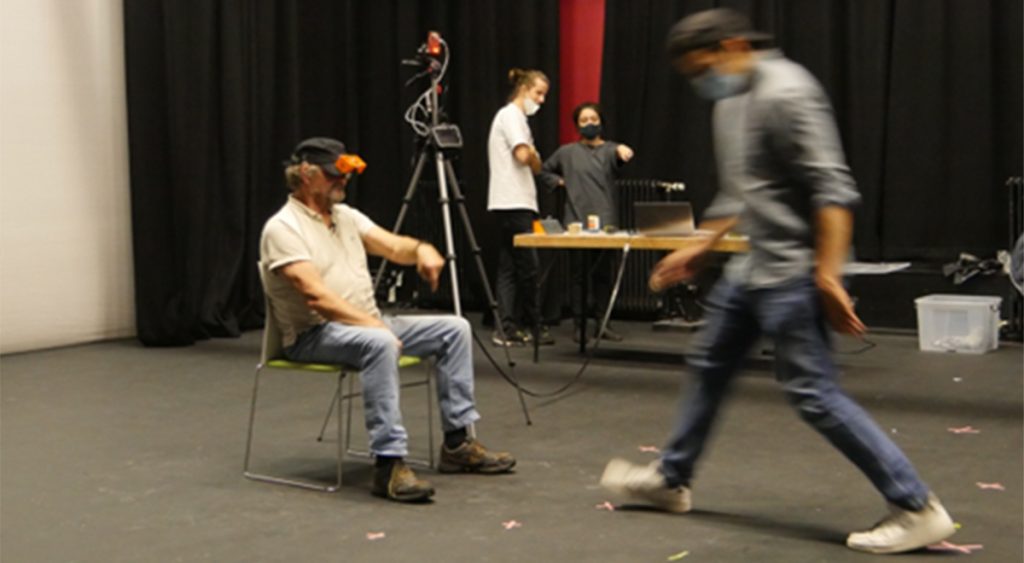Case Study
Covid-19 has acutely heightened our awareness of, and need for touch, simply because we were told not to touch. For deafblind communities, who rely on haptic experiences to navigate the world, the fear of touch and intimacy in a post-Covid-19 society has imposed new challenges and further increased social isolation. It has simultaneously increased the intimacy and reliance on the relationships with close partners and guide communicators, but endangered broader access to social and cultural life. In response to these issues, the project aimed to rethink touch and develop a new interdisciplinary framework built on mutual communication and inclusion that understands and reveals the relevance of deafblind experiences also to the general public.
The project at the University of Glasgow (Film Studies and Quantum Physics) was developed in partnership with Deafblind Scotland and Deafblind UK.
To obtain a qualitative understanding of the communities’ experiences during the pandemic, selected members of deafblind communities provided insights into their social experiences over the course of one year through audio diaries and interviews. These audio-visual materials have become the nexus of humanistic, scientific, and creative practice in the project, by adapting an autoethnographic method, and being grounded in practice-as-research. The documentation of life proved to be pivotal in fostering an in-depth understanding of deafblind perception during the pandemic and assisted in developing strategies and a haptic tool to help with counteracting their increasing isolation.
Personal reflection, and direct feedback from participants were at the centre of the research approach. Participants acted as co-researchers as they reflected on their own practice and contributed to the analysis of the data. The ongoing reflective documentation and discussions with the research team also helped them better understand their own experiences and responses to (lack of) touch during the pandemic.
“You have opened up a big box for me. I mean, I didn’t appreciate how much I touch and rely on touch because you do it so naturally. It never occurred to me to think about it! So, you got me thinking about it.”
Issy
“Thank you for giving me the opportunity to do this [reflection] in a semi-formal way which I wouldn’t have done otherwise. […] I enjoyed the whole thing.”
Roger

The audio-visual documentation also provided a fertile ground for further collaboration between scientists, artists and scholars, and impacted the understanding of touch perception that underlies the development of an innovative haptic radar device. The trust and rapport built up through Humanities-based research methods directly supported the ongoing development and testing of the technical tools. At the same time, the discussions around the technology benefited from continuous conversations and a shared vocabulary between the researchers and participants.
“What was good about [the technology] was, I could understand where I would use that. The fact that it was going to give me an extra sense of my surroundings was fascinating.”
Issy

Researchers
Dr Azadeh Emadi
Dr Mitchell Miller
Professor Daniele Faccio
Dr Piergiorgio Caramazza
Khaled Kassem
(University of Glasgow)


